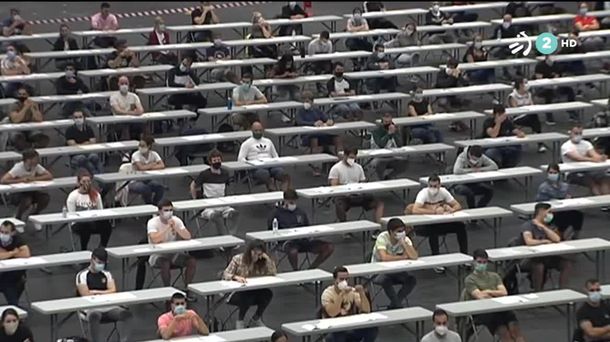The virus that causes polio has been found at worryingly high levels in sewer samples in London. This was announced by the British health authority UKHSA on Wednesday. The disease has been considered eradicated in Britain since 2003. Now the virus was likely brought to London by a person recently vaccinated abroad with a live form of the virus, the UKHSA said. It has declared a national emergency and notified the World Health Organization (WHO) of the situation.
The authority is concerned about the low vaccination rate against polio in London. “The majority of the UK population is protected by childhood vaccination, but in some communities with low vaccination coverage, individuals may remain at risk,” said Dr. Vanessa Saliba, Consulting Epidemiologist at the UKHSA in a press release. In London, for example, only about 86 percent of the population received the first three doses of the vaccine. In the rest of the UK, however, the percentage is above the 90 percent target.
Call for vaccination
Although the agency says the risk is low, parents should ensure their children are fully vaccinated against the disease, also known as polio. In the UK, an inactivated polio vaccine is used as part of the routine children’s programme. It is given three times before age one, and then again at age three and age 14. The London Health Service now wants to reach parents of children under five in London who have not yet received their vaccinations.
In the past four months, the UK Health Agency has found polio virus in samples taken at a sewage treatment plant that treats wastewater from a population of four million people in north and east London. The scientists believe the virus came from a person immunized abroad with the live polio vaccine, which has not been used in the UK since 2004. This person then excreted traces of the virus that were found in the wastewater samples.
Infection can lead to paralysis
In rare cases, this form of the virus can then be passed on to others and mutate into what is known as “vaccine-related” polio. Although this form is weaker than the original or “wild” form of the disease, it can still cause serious illness, including paralysis, in unvaccinated individuals.
A small number of poliovirus samples are discovered in sewer monitoring every year, but now, for the first time, a group of genetically linked samples has been found repeatedly over a period of months. According to health officials, that suggests the virus spread between closely related people in London. No real cases of polio have been identified and there have been no reports of rare but serious symptoms in the UK.
Source: Krone
I’m Wayne Wickman, a professional journalist and author for Today Times Live. My specialty is covering global news and current events, offering readers a unique perspective on the world’s most pressing issues. I’m passionate about storytelling and helping people stay informed on the goings-on of our planet.



